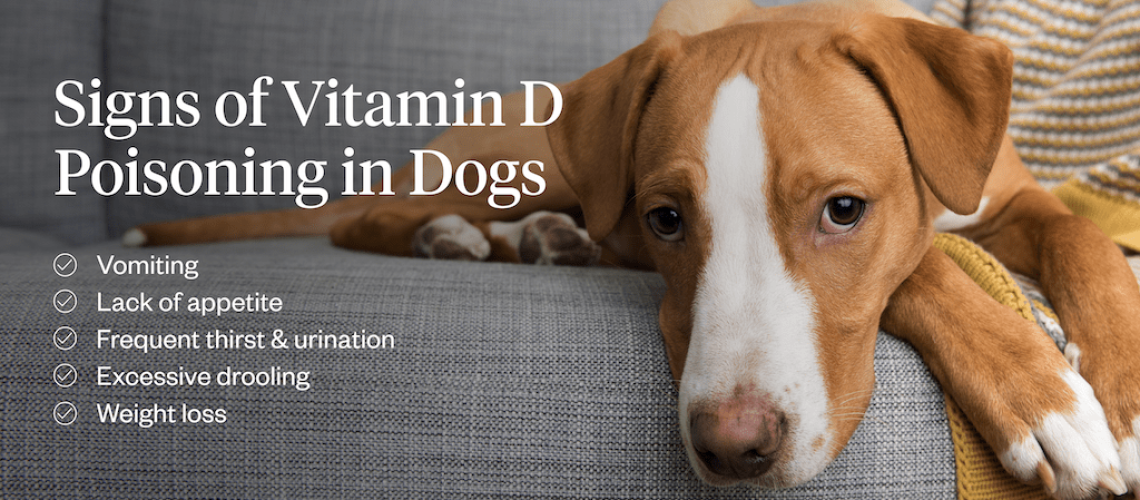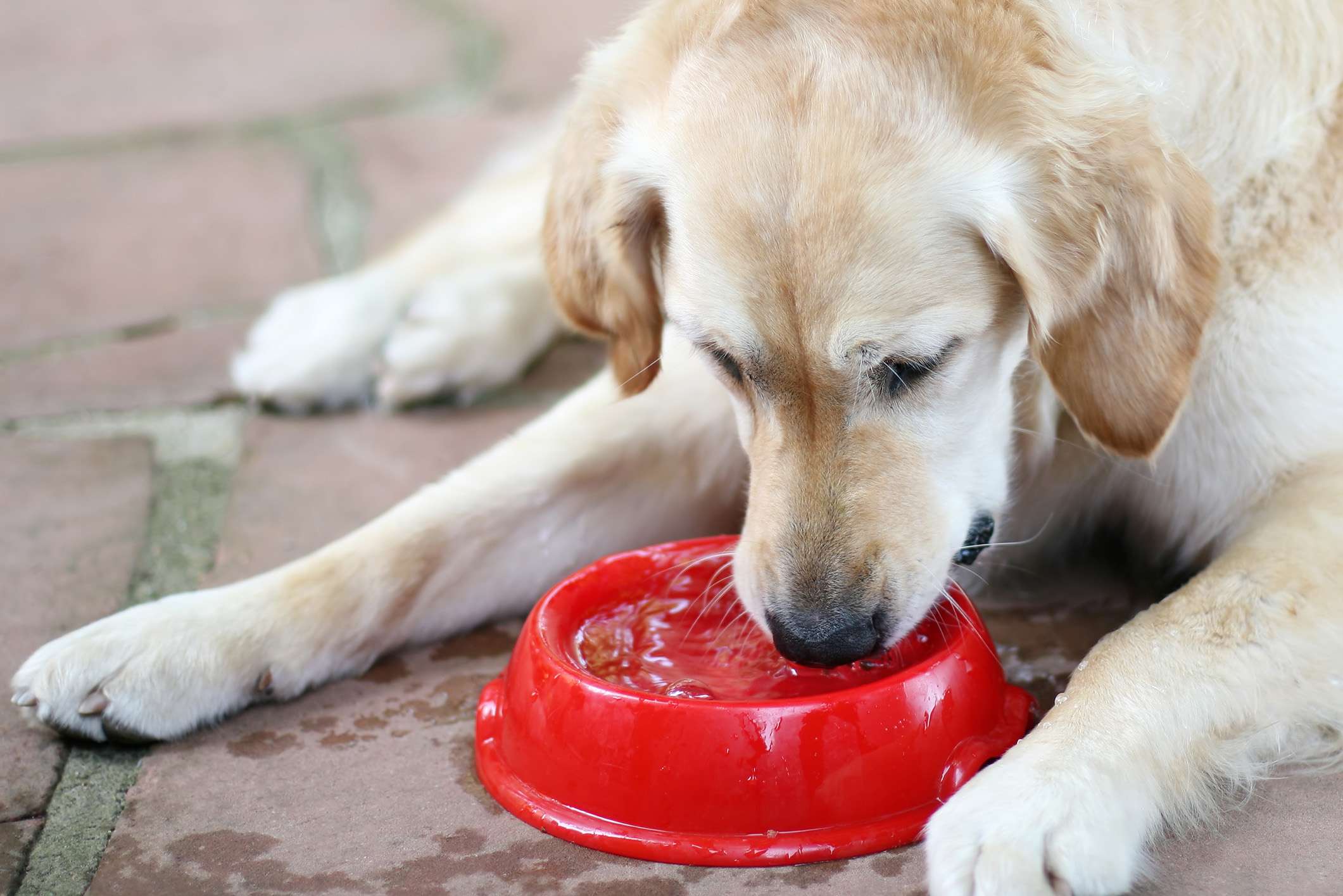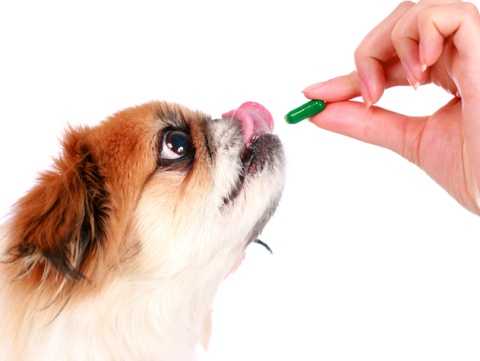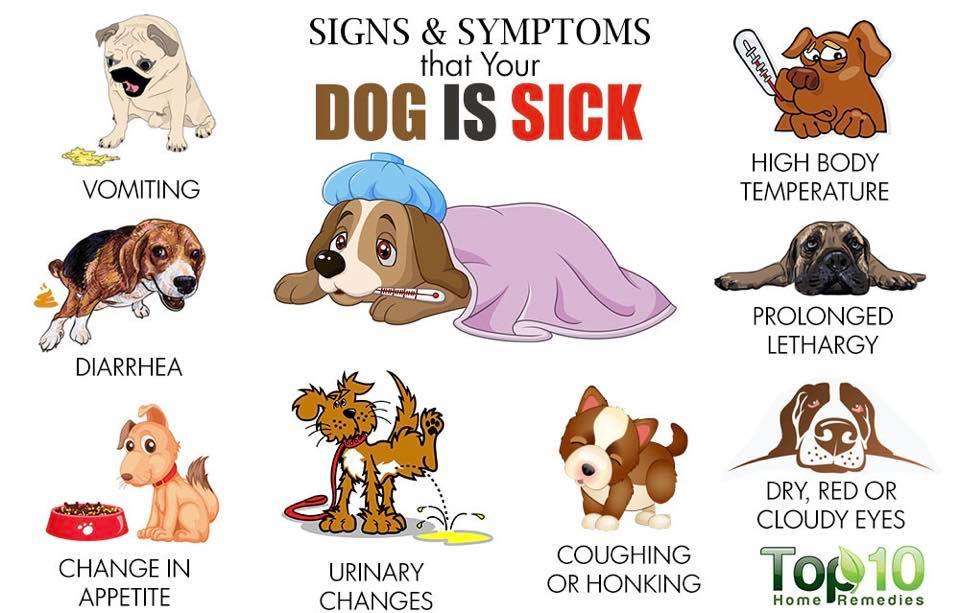Key Takeaways:
- Vitamin D can be toxic to dogs if consumed in excessive amounts.
- Symptoms of vitamin D toxicity in dogs include vomiting, diarrhea, increased thirst, and weight loss.
- Excessive vitamin D intake can lead to kidney damage and even death in dogs.
- Dogs should never be given human vitamin D supplements without veterinary guidance.
- It is important for dog owners to consult with a veterinarian regarding the appropriate dosage of vitamin D for their pets.
Are you a dog owner who wants to ensure the health and well-being of your furry friend? If so, then understanding the potential risks associated with Vitamin D toxicity in dogs is absolutely crucial. While Vitamin D is essential for dogs just like it is for humans, excessive amounts can be harmful and even toxic to our canine companions. In fact, according to recent studies, cases of Vitamin D toxicity in dogs have been on the rise in recent years. But don't worry, this article will explore the topic in depth, providing you with all the information you need to keep your four-legged friend safe and healthy. So let's dive into the world of Vitamin D and its potential dangers for dogs!
What is Vitamin D and Why is it Important for Dogs?
Vitamin D is a nutrient that helps dogs maintain healthy bones, teeth, and muscles. It also plays a crucial role in regulating calcium and phosphorus levels in their bodies. Just like humans, dogs need vitamin D to absorb and use these minerals effectively.
Dogs can produce vitamin D on their own when they are exposed to sunlight. However, they also obtain it from their diet, especially from foods such as fatty fish, liver, egg yolks, and certain fortified dog foods. Vitamin D is essential for the overall health and well-being of dogs.
How Dogs can Get Exposed to Too Much Vitamin D
Dogs can get exposed to excessive amounts of vitamin D through various sources. One common way is through the consumption of certain dog food brands that have been found to contain high levels of vitamin D. These elevated levels may be due to manufacturing errors or contamination during production.
In addition to commercial dog foods, some human medications or supplements that contain vitamin D may pose a risk if accidentally ingested by dogs. It's important for pet owners to be cautious about leaving medications within reach of their pets.
Symptoms of Vitamin D Toxicity in Dogs
If a dog consumes too much vitamin D, it can lead to toxicity which can cause various symptoms. These symptoms may include:
- Vomiting
- Loss of appetite
- Increased thirst and urination
- Lethargy
- Weight loss
- Constipation
- Muscle weakness or tremors
Dangers of Vitamin D Toxicity for Dogs
Vitamin D toxicity can be dangerous for dogs and may lead to serious health problems if left untreated. Excessive levels of vitamin D can cause an imbalance in calcium and phosphorus, leading to hypercalcemia. This condition can damage the kidneys, heart, and other organs.
If a dog shows symptoms of vitamin D toxicity or has ingested a potentially toxic amount of vitamin D, it is crucial to seek veterinary care promptly. Early intervention can help prevent further complications and improve the chances of a full recovery.
What to Do if You Think Your Dog has Consumed too much Vitamin D
If you suspect that your dog has consumed too much vitamin D, it is important to contact your veterinarian immediately. They will provide guidance on the best course of action based on your dog's specific situation.
In some cases, inducing vomiting may be recommended if the ingestion occurred recently. However, this should only be done under veterinary supervision. The veterinarian may also perform blood tests to assess the dog's vitamin D levels and overall health.
Preventing Vitamin D Toxicity in Dogs: Tips for Pet Owners
To prevent vitamin D toxicity in dogs, pet owners can take several precautions:
- Choose reputable dog food brands that have undergone quality control testing for nutrient levels.
- Avoid feeding dogs human medications or supplements without veterinary approval.
- Store medications securely out of reach of pets.
- Keep an eye on your dog's behavior and watch for any unusual symptoms that could indicate a potential problem.
- If you suspect any issues related to vitamin D toxicity, consult with your veterinarian promptly for proper diagnosis and treatment.
In conclusion, while Vitamin D is essential for dogs' health, too much of it can be toxic. It's important for dog owners to follow recommended dosage guidelines and consult a veterinarian before giving any supplements to their pets.
What if my dog ate my vitamin D pill?
If your dog has consumed vitamin D supplements, medications, or rat/mouse poison, it is crucial to contact your veterinarian or Pet Poison Helpline right away. The Pet Poison Helpline is a 24/7 animal poison control center that can be reached at 1-800-213-6680. The appropriate treatment required will depend on the quantity ingested and the time that has passed since ingestion.
What are the symptoms of vitamin D toxicity?
The main symptoms of vitamin D toxicity, also known as vitamin D intoxication or hypervitaminosis D, include confusion, lack of interest, frequent vomiting, stomach pain, excessive urination and thirst, and dehydration.
What if my dog ate a multivitamin?
It is crucial to take your pet to the hospital immediately, even if they are not showing any signs of poisoning, as the absorption of vitamins can happen quickly. Symptoms of xylitol poisoning can emerge within half an hour of ingestion, and severe consequences can occur shortly after.
Is 2000 IU of vitamin D3 safe for dogs?
Dogs can experience kidney failure if they consume high levels of Vitamin D3, which is known to be toxic to them.
What is a toxic level of vitamin D?
The consumption of 60,000 international units (IU) of vitamin D per day for a prolonged period of time has been proven to result in toxicity.
How do you flush vitamin D out of your system?
However, is it possible to remove vitamin D from your body? Yes, you can achieve this by increasing your water intake. This will promote urination, helping your body eliminate excess vitamin D and calcium at a faster rate. Prescription diuretics such as furosemide can also assist in this process.

















